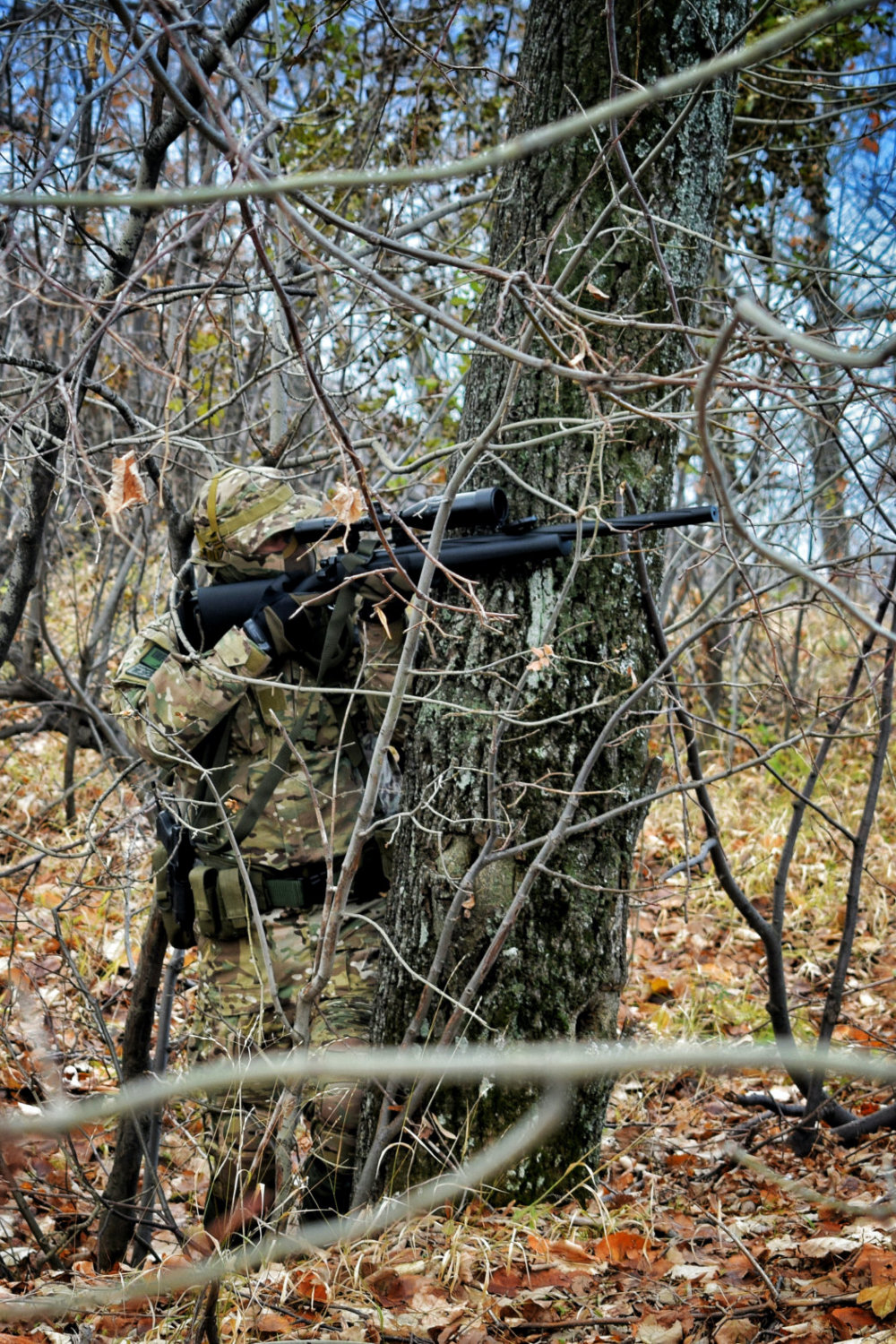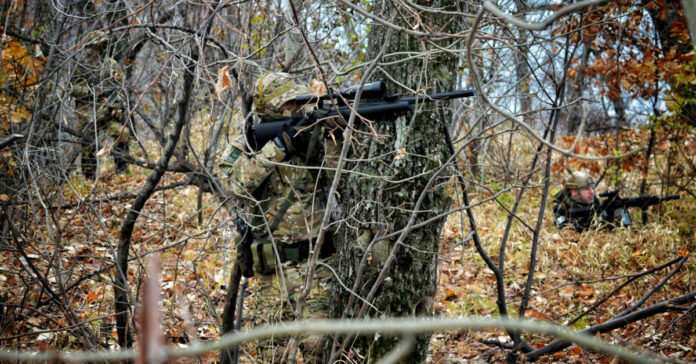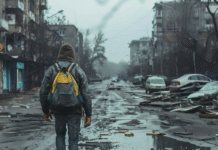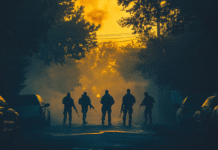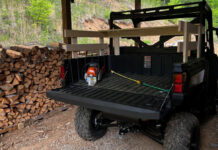If we are truly on a downward spiral, witnessing the death of a democratic republic, the destruction of our economy, the erosion of our constitutional rights and the eventual collapse of our country, how should we prepare?
Let’s work backwards by taking a close look at what could kill you and working backwards to prevent it.
The Big Three
Food, water and shelter are the must-haves at the top of every survivalists list. I would expand upon that list a bit by saying:
- Plentiful, nutritional food that will help keep you healthy and hale, and a way to prepare it. This includes food you have stored, food you raise, and food you can safely source externally, either by hunting and fishing or barter and trading.
- Clean, pure water for drinking, cooking, cleaning, bathing, and feeding your animals. Purifying and transporting water becomes a real issue after a SHTF event, followed by the fact that no one like a cold shower.
- Shelter that will protect you from the elements and act as a barrier against adversarial forces. In my book, this includes not only a structure, but clothing and footwear for a range of conditions, from winter gear to rain gear.
Beyond the Big Three: Prescription Medication
At the beginning of the COVID-19 pandemic, there was a great deal of worry that the prescription medications people count on to live would be unavailable or in tight supply. Many Americans were understandingly distraught to discover that their drugs were made overseas.
Let’s assume that there is a breakdown of relations with China, possibly over Taiwan. Do we really think they will send life-saving drugs to us, or do we think they will use it as leverage? If missiles fly, boatloads of drugs and precursors will never leave the dock in China.
Any kind of serious disruption of our supply chain could spell rationing and shortages, possibly leading to doctors and others needing to triage patients to decide who gets the drugs and who goes without.

If inflation drives up the price of drugs, you may have to do some triage yourself? Will you buy between food and medication this week?
In a post-SHTF scenario, the smallest injuries can develop into life-threatening infections without antibiotics. Simply surgical procedures will be far more difficult if there are no anesthetics. Do we really want to go back to civil-war era medicine when four guys held you down while the doctor sawed off your leg so the blood poisoning from an infected wouldn’t kill you?
What to Do
If you need a prescription to live, talk to your doctor about getting an extra 30 or even 90 day supply. That gives you a cushion while you look for sources. Alternatively, ask for double your normal dosage so you can cut the pills in half as a “money saving” measure. For example, if you take 20 milligrams or something, see if the doctor will give you a 40 milligram dose. Your health insurance will still pay to refill the prescription every 30 days. By cutting the pills in half, you will have 30 extra doses at the end of a month and an extra year’s supply at the end of a year. Finally, conduct research and see if there are comparable drugs available. In an emergency, you may be better off with a different drug as opposed to no drug at all.
Stock over-the- counter medications for simple maladies, including triple-antibiotic ointment, anti-itch creams, anti-fungal treatments, treatments for bee stings, analgesics, ibuprofen and acetaminophen, burn creams, common bandages and wraps, slings, plaster of Paris for casts, sutures so you can give yourself or someone else stitches, anti-diarrheal medications, antihistamines, decongestants, vitamins, and any other medications someone in your family commonly use.
Prevention
Prevention becomes even more important when you have no access to a doctor, an emergency room, or a local drug store. Personal hygiene is critical, from washing your hands before meal prep and eating, to brushing your teeth. Having clean underwear and fresh socks and rotating them daily can make a huge difference in preventing all sorts of gross ailments. Germs are real, bacteria and fungus likes warm dark places, and soap and water can go a long way to preventing infection. Also, check yourself for ticks when you have been outside. If lice become prevalent, shave your hair if necessary.
Look also at food storage and preparation to avoid food poisoning. Examine every repetitive task and determine if there is a way to make it safer. Use tools, levers, block and tackle, a come-along, and multiple people working together to minimize stress and damage to your body. A strain, sprain, torn muscle or damaged ligament will be far worse after a collapse, so use care and mechanical advantages to protect yourself.
Beyond the Big Three: Protection from Others
In a failed society, your gravest threat may come from others. These may be people in your area who are jealous of how good you appear to have it. They may be outsiders who raid your area as a large group or gang. It may even be authority figures, from law enforcement to government officials to rogue elements of the National Guard or military. How many will stop reporting to work but use their guns, vest, and implied “authority” to provide for their families? In Venezuela, police often have to supplement their salary with bribes and fees.
I can think of three ways to protect yourself from others: Join them, fight them, or hide and avoid them.
Join Them or Fight Them
You don’t have to join raiders and gangs, but chances are you will need to join or form some group for mutual aid and defense, whether it is friends and family or a neighborhood thrown together by proximity. You will need to train, plan, coordinate, and have a command structure because you can be sure your opponents will and you will need to present a unified front. Our forefathers needed the militia, and I expect that in a post-collapse society a revitalized version of the militia as a neighborhood watch on steroids will be common.
If the enemy shows up at your door, you have failed. You mount a proper defense by stopping them a good distance away. In an urban or suburban area, you want to engage and raiders as they get off the main road. Then you want to fall back to positions before your neighborhood and possibly use blockades to ambush them and stop their progress and direct them elsewhere. In a more rural setting, you want to block the road into town and you should have roving patrols watching other avenues of access, no matter how unlikely. Your group should have a people manning key outposts, quick response force you can throw at any assault, and reserves you can call into action if you are attacked from two directions at once.
Throughout history, defenders have always held a strong position against attackers. You and your team need to build defensive positions, use the terrain to your advantage, and have sufficient fire power to make attacking your too costly. A roving gang may not have stores and supplies to wait you out. They have to win to eat. If you can hold them off a few days, they may pick an easier target elsewhere.
Hide or Avoid Them
This is a difficult option. I prefer to think of it as Plan B. You only hide and avoid the attackers if your side loses the fight against the raiders. Still, it may be possible for one or two people to stealthily avoid drawing attention of others. The difficulty is that doing so will often cost you your shelter and a good bit of your food and other supplies because you are unlikely to be able to do this at home.
It’s easy to dream of melting into the woods and eluding pursuit, but criminals who have successfully stayed out of the grasp of law enforcement for any length of time by hiding in the woods have usually survived by raiding unoccupied vacation cottages and by slinking into town under the cover of darkness to scavenge for food in dumpsters. In the kind of collapse I’m talking about, there will be little or no food in dumpsters and those cabins may be occupied by people who have bugged out.
In an urban scenario, you could possibly live in the sewers or hide in abandoned buildings. This would be easier months after the collapse after the fighting has died down. Still, how would you get your food?
No Easy Way to Die
In a collapse, death will come more quickly and it could be ugly. Starvation. Infection. An illness that could have been cured. Violence. Murder.
Live will be more miserable, too. Hunger. Illness. Weakness. Rape. Being targeted by gangs. Watching those you love die.
How you prepare today and every day before the collapse could make the difference. Stock up. Train hard. Plan. Prepare.
